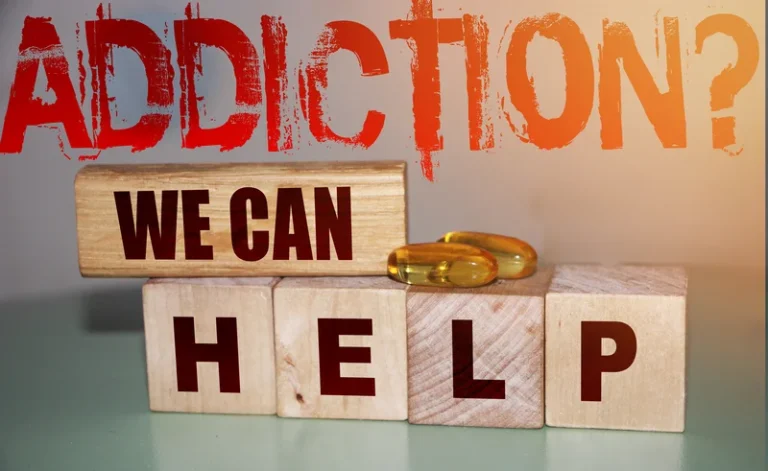
Sunset works with the body to break down alcohol quickly and effectively, so you don’t experience the negative symptoms. In this article, we’ll explore why drinking alcohol commonly leads to a stuffed up nose for so many people. More importantly, you’ll discover actionable ways to stop alcohol from inflaming nasal passages so you can avoid the dreaded stuffy nose hangover.

How does a sore throat feel?

If you develop symptoms after drinking alcohol, make an appointment with your doctor. Depending on your symptoms, they might refer you to an allergist for testing and treatment. An allergist is a special type of doctor that focuses on allergic conditions.
When to See a Healthcare Provider
- A food and symptom diary can help you keep track of when your symptoms appear and whether they line up with certain things—such as alcohol.
- The condition involves development of upper airway-related symptoms in response to environmental triggers, including drinking alcohol.
- Persons with a sinus infection will be more bothered by this, and have worsening of sinus symptoms, because they are already inflamed from the sinus infection.
- The only way to treat alcohol intolerance is to avoid alcohol or, at the very least, limit alcohol consumption.
- In persons who already have sinus problems and sinus inflammation, these symptoms make the sinuses feel worse.
In fact, the relationship between consuming alcohol and sinus congestion is a well-documented issue. Keep reading to learn more about the impact alcohol can have on nasal health. As a result, their bodies produce inactive ALDH enzymes that are unable to properly break down the alcohol into acetic vinegar. This incomplete processing of the alcohol can cause the body to react by producing symptoms that reflect an allergy to the alcohol. People with this gene deficiency suffer two-fold from allergic symptoms to alcohol. First, the body produces histamines in response to the presence of the alcohol that the body is unable to digest.
- This incomplete processing of the alcohol can cause the body to react by producing symptoms that reflect an allergy to the alcohol.
- These blood vessels fill the tissue that lines the inside of the nose.
- It could also be that alcohol has a natural side effect to make people congested.
- Home remedies to help relieve an alcohol-induced sore throat include herbal teas, gargling with warm salt water, and using a humidifier.
- Your body holds on to the nutritive parts of what you eat and drink, but, otherwise, what goes in must also come out.
Avoiding Alcohol With a Sinus Infection
You had a long week, and you opened that bottle of wine to help you relax — but instead you wound up with a stuffy nose you now have to deal with. It doesn’t happen to everyone, but those who do get congested after a glass or two know just how much of a buzzkill it can be. Everything we consume is broken down by enzymes in our bodies. While some foods are broken down in the intestines, others are digested in the stomach. Alcohol does not need to pass through the digestive tract in order to be digested; rather, it is absorbed directly into the blood stream.

Why Do I Get Stuffy Nose & Nasal Congestion After Drinking Alcohol?
It is important to use alcohol sparingly and in moderation, while also considering the potential risks and limitations. If your congestion persists or worsens, it is best to seek medical advice to address the underlying cause and find appropriate treatment options. Additionally, using alcohol for congestion relief can have negative consequences. Alcohol can cause dehydration, which can make congestion worse by thickening mucus and causing further discomfort.

It can have negative effects on the respiratory system and hinder the body’s natural healing process. Instead, utilizing remedies such as steam inhalation, nasal congestion from alcohol saline nasal sprays, drinking fluids, and nasal irrigation can provide effective and safer alternatives for alleviating congestion. It is always advisable to consult a healthcare professional for proper diagnosis and treatment of respiratory infections. The histamine causes the blood cells in the nasal region to dilate, resulting in mucus, nasal congestion, sneezing, and a runny nose. However, the severity of these symptoms may vary from person to person. After experiencing an allergic reaction to alcohol, consult a doctor for proper diagnosis and guidance on managing alcohol allergies or intolerances.



